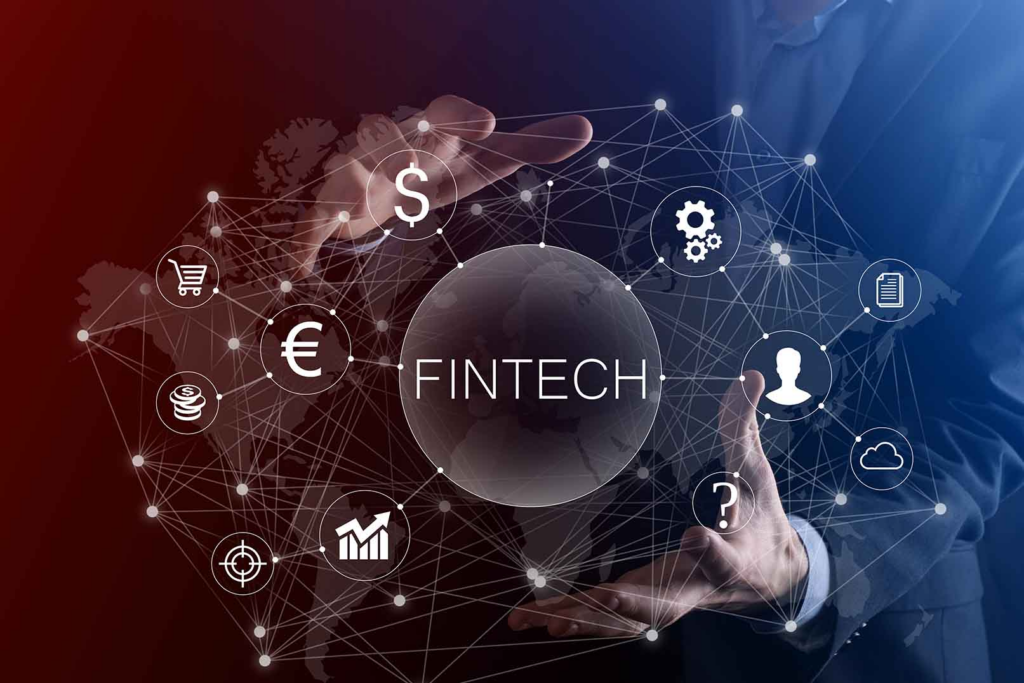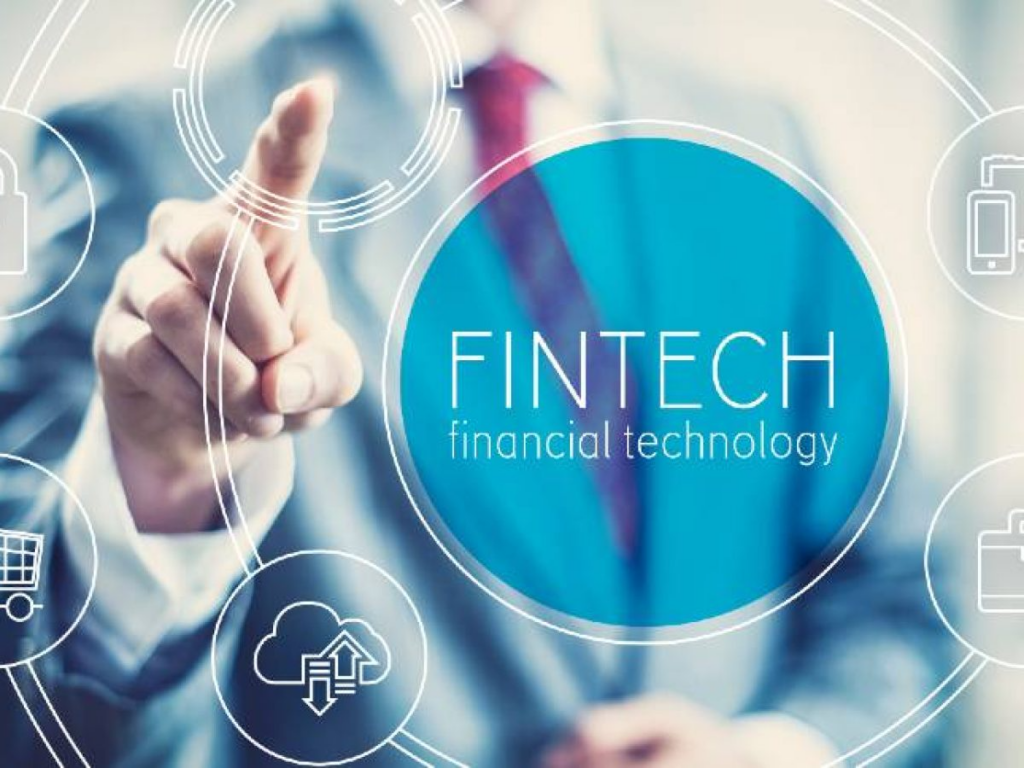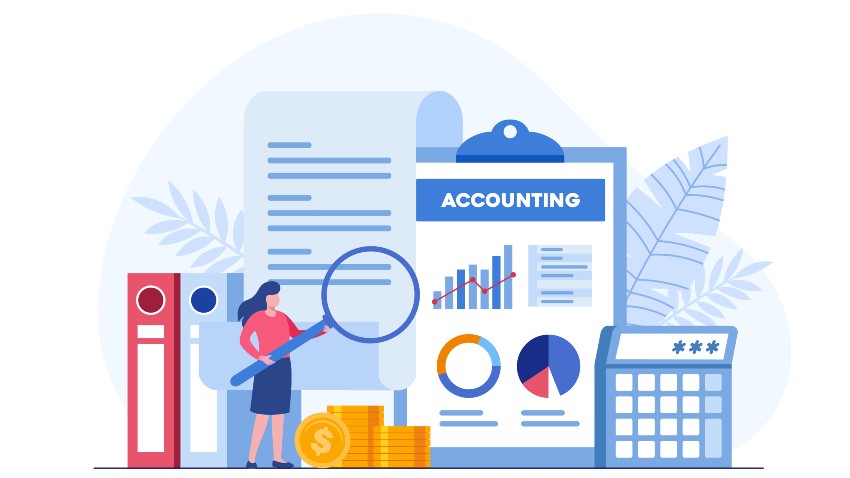Simplifying cross-border transactions with fintech

In today’s interconnected world, fintech cross-border transactions are revolutionizing the way businesses and individuals handle international exchanges. By leveraging innovative technology, fintech is making these processes faster, more secure, and cost-effective. This post delves into the mechanisms through which fintech streamlines cross-border dealings, offering insights into its impact on the global economy and the future of international trade. As fintech continues to evolve, it’s clear that its role in facilitating efficient cross-border transactions will only grow, transforming global commerce in unprecedented ways.
Digital identity verification in fintech

In today’s digital age, ensuring secure financial transactions online is paramount. This blog post emphasizes the critical role of digital identity verification in the fintech sector, highlighting its necessity for maintaining security and efficiency. As financial activities increasingly shift to digital platforms, implementing robust digital identity verification processes becomes indispensable. This discussion provides insights into the evolving landscape of fintech security, underscoring how digital identity verification is at the forefront of protecting both consumers and financial institutions. Stay informed on the latest advancements and understand why digital identity verification is the cornerstone of secure online financial transactions.
Peer-to-peer lending for small businesses

In the dynamic world of SMEs, P2P lending has become a game-changer, offering innovative finance solutions. Peer-to-peer lending connects small and medium-sized enterprises directly with investors, bypassing traditional financial intermediaries. This approach not only accelerates the financing process but also provides SMEs with the much-needed capital for growth and innovation. As SMEs continue to seek efficient and accessible funding options, P2P lending stands out for its ease of access and potential to fuel business expansion.
Tips for securing P2P financing for your business

In today’s financial landscape, P2P financing businesses present a compelling alternative to conventional funding sources, especially for enterprises in need of capital. This guide delves into the essentials of securing peer-to-peer financing, offering businesses an opportunity to bypass traditional financial obstacles. By leveraging the power of P2P platforms, companies can access a broader pool of investors, benefiting from more flexible terms and potentially lower costs. This accessible approach to financing not only democratizes access to capital but also fosters a community of investors and borrowers geared towards mutual success.
The advantages of P2P loans for businesses

Peer-to-peer (P2P) lending is revolutionizing the way businesses access capital, serving as a formidable alternative to traditional loan models. P2P loans provide businesses with a more flexible and efficient means of financing, leveraging technology to connect companies directly with lenders. This modern financial mechanism not only streamlines the borrowing process but also offers competitive interest rates and tailored loan terms. The growing popularity of P2P loans among businesses highlights their value in the contemporary economic landscape, showcasing the potential to significantly impact how companies fund their growth and operations.
The future of insurance with fintech

The fusion of finance and technology, especially in the insurance domain, is drastically altering the traditional ways policies are handled and personalized, thanks to fintech insurance innovations. This shift towards fintech insurance not only streamlines the process of offering and managing insurance but also ensures policies are more tailored to individual needs. As fintech continues to evolve, the insurance sector sees a future where technology enhances customer experience, making insurance more accessible and flexible. This transformation is pivotal for both providers and consumers, heralding a new era in fintech insurance.
How fintech is reshaping insurance

The intersection of financial technology and insurance, or fintech insurance, is revolutionizing the traditional approaches to coverage and customer service. Spearheaded by innovative startups, this transformation leverages technology to streamline processes, enhance efficiency, and improve the overall customer experience. As fintech insurance continues to grow, it promises to redefine the landscape of the insurance sector, making it more accessible, affordable, and user-friendly. This shift not only benefits consumers but also opens up new avenues for growth and development within the industry, marking a significant turning point in how insurance services are delivered and managed.
Fintech and the gig economy

The convergence of financial technology (fintech) and the freelance marketplace has played a pivotal role in transforming the gig economy. This blog post explores the symbiotic relationship between fintech solutions and gig workers, highlighting how these advancements have revolutionized the way freelancers manage their finances. With fintech gig economy innovations, gig workers now have access to more streamlined payment processes, better financial management tools, and tailored financial services that meet their unique needs. This evolution not only empowers freelancers but also contributes to the growth and sustainability of the gig economy.
Managing irregular income with fintech tools

Managing a fluctuating income as a freelancer, gig economy worker, or small business owner poses significant challenges, often leading to financial stress due to the difficulty in budgeting, saving, and investing. However, the advent of fintech tools offers a beacon of hope. These tools are designed to help individuals navigate the instability of their incomes, making financial management more accessible and less daunting. By leveraging the power of fintech tools, those dealing with variable incomes can find effective ways to manage their finances, ensuring more stability and peace of mind in their professional and personal lives.
Fintech’s role in educating consumers

In the fast-changing financial services sector, fintech education plays a pivotal role in informing consumer behavior and decision-making. Financial technology companies are at the forefront of this transformation, offering innovative solutions that not only enhance our understanding of finances but also reshape our monetary habits. This post explores how these companies contribute significantly to the landscape, highlighting the importance of integrating fintech education into our daily lives to navigate the financial world more effectively. By doing so, it underlines the critical impact of fintech on both individual financial empowerment and broader economic literacy.